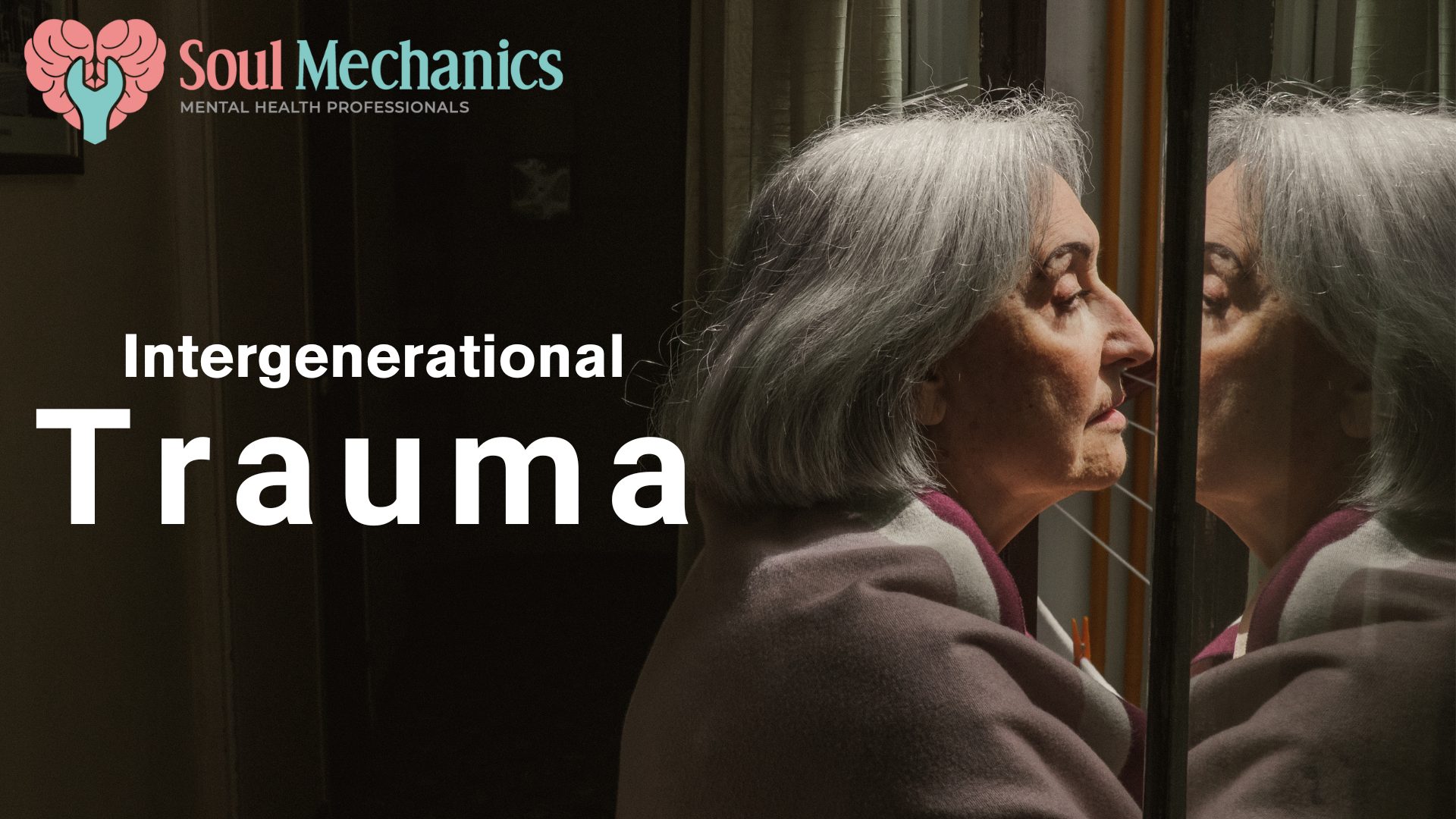Intergenerational Trauma
Intergenerational Trauma
Written By: Shaundtrya Ganasan, Licensed Counselor (KB11097)
We are often careful about our health to avoid inheriting medical conditions from our ancestors.
But, have you wondered whether trauma can be passed down the generational lane?
The answer is yes.
Trauma can be passed down too.
This is known as intergenerational trauma
Intergenerational trauma is the adverse experiences and events that are passed through the generational lane. It could be passed in both complex and subtle ways. It could also be manifested in our emotional and behavioral reactions towards traumatic events in a more similar manner to our ancestors who experienced traumatic events. Sometimes the root of our triggers or pain can be deeper than we assume. More than the present, it could be from the past.
Reminder: If you or your loved one are struggling with mental health issues, please don't hesitate to reach out to us at Soul Mechanics KD or Soul Mechanics Ipoh.
Remember, seeking help is not a sign of weakness but strength!
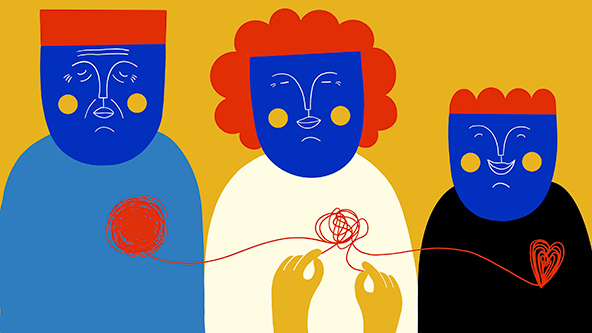
How is Trauma Passed Down?
Intergenerational trauma can be passed down the generational lane in several ways. ‘FEAR’ can be one of the common intergenerational traumas.
For instance, let’s Imagine the situation in which our ancestors relocated to a different nation. They probably experienced "FEAR" when adjusting to a new environment. Motivated by this "FEAR," they could have put forth a lot of effort to ensure the welfare of the next generations while unintentionally neglecting their children.
As these children grow older into parents, they still carry the ‘FEAR’ of becoming absent in their child’s life. At the same time, they acknowledge the importance of money, making them unconsciously control their children’s lives, believing it ensures their presence.
This cycle continues…
The ‘FEAR’ of unconsciously being controlling or emotionally absent may be passed down, creating an intergenerational trauma cycle.
The following generation may grapple with the dilemma of inadvertently over-bearing their children by always being present or unintentionally abandoning them by being too loose.
This ‘FEAR’, although it has different roots, persists across generations, and shapes one’s emotional experiences and family dynamics.
Breaking this cycle requires conscious efforts and awareness of the generational patterns that we are carrying. Being a cycle breaker can be a tough journey, but worth the personal development that would be unlocked along the way.
Influence on Relationships
Generational trauma often manifests in our relationship with self and others. For instance, let’s assume as a child you are often dismissed and invalidated; it breaks the way you perceive yourself. This trauma of not being understood and seen stems from the shadow of self-criticism and low self-esteem.
As an adult, you may turn into a people pleaser or maybe someone who avoids conflicts as a result of the trauma. Or the anger of the suppressed emotions that you carry may turn you into someone who avoids emotions.
In relationships, due to generational trauma that we carry, we may attract familiarity. For instance, if you grow up in an angry environment with emotional abuse, you may find a partner with similar traits. Somewhere, unknowingly you may find comfort in familiarity and unfamiliarity may feel unsafe. This shows why many of us or our loved ones get into unhealthy relationships and struggle to break free from them.
Another instance is our relationship attachment styles. For instance, if we come from a healthy family environment, we may manifest secure attachment styles. But, if we feel unsafe with our parents or caregivers, we may manifest anxious or avoidant attachment styles.
You may often take the blame for your reactions and emotional responses in your relationships. But, there is more to it. Your conscious action could be the tip of the iceberg, whereas, generational trauma could be the huge influence that lies beneath the unknown.
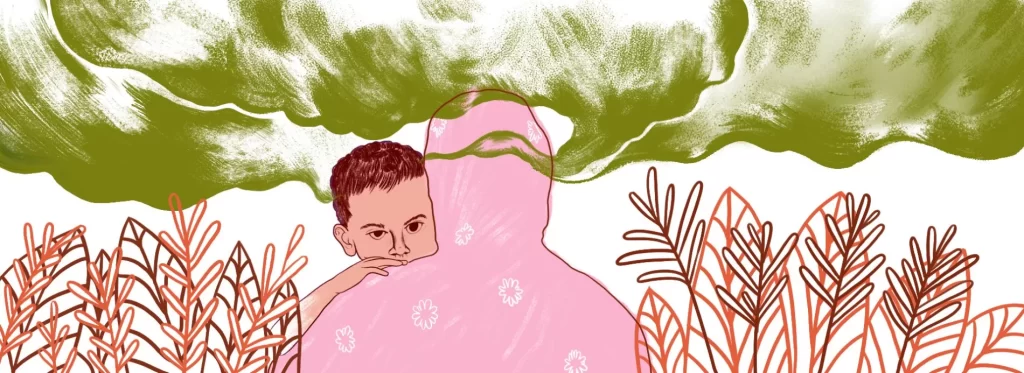
Breaking Cycles & Patterns
1. Seek a Therapist
Therapy provides you with a non-judgemental space to process your deep-rooted emotions. Therapy helps you uncover the pain that you consciously or unconsciously suppressed which is still lingering around and affecting your present. You would also understand and learn to break unhealthy generational patterns that have been passed down through therapy; leading towards personal growth and unlocking your true potential.
2. Journal
Journaling can be a powerful tool to start your healing journey. You can list down your shadows, unhealthy patterns, true emotions, and so on. Writing helps you to have a more clear and neutral perspective to dive deeper into the generational pain that you’re carrying. It helps you to connect the dots and have more clarity on which aspects of yourself need healing.
3. Connect to Inner Child
Visiting and reconnecting with your inner child is the heart of intergenerational trauma healing. Revisiting your inner child helps you to understand the wounds and unresolved emotions that we are carrying from our past. This process also guides you to be more compassionate towards your past rather than being harsh and critical. Healing the inner child paves the way towards healing inherited patterns and promoting healthier relationships with self and others.
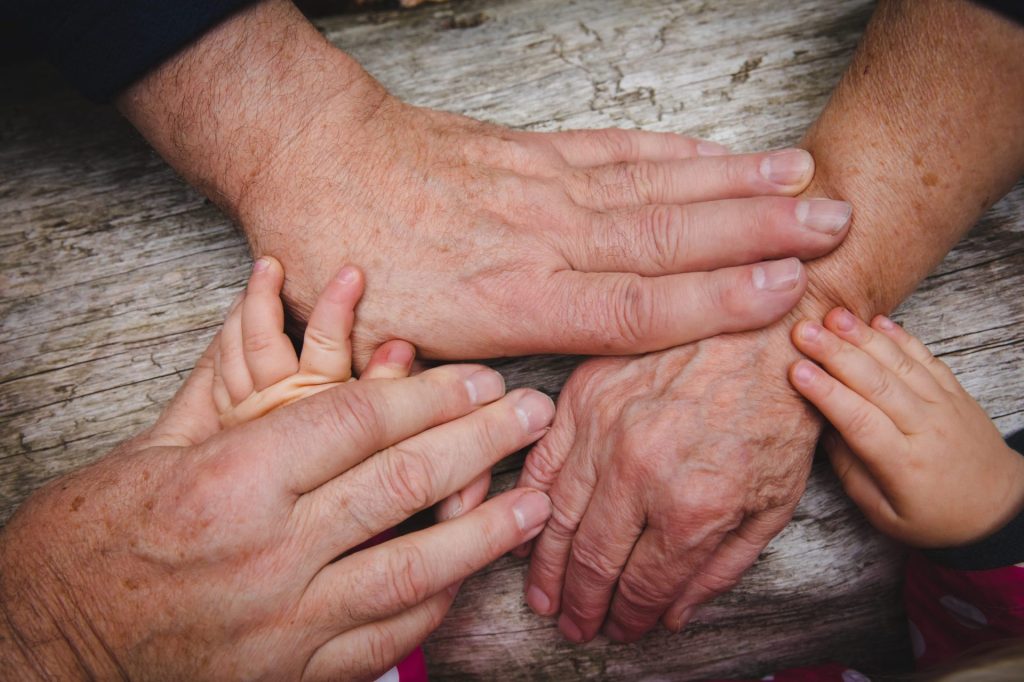
4. Heal with Family.
You can also communicate with family members who are open to the idea of breaking familial patterns and trauma. You can explore the generational traumas and common patterns that linger around your generation with other family members. Healing together gives you a boost and paves the way toward a deeper exploration of generational trauma that should be healed.
5. Ancestral Meditation.
If you are a spiritually inclined person, then you may indulge yourself in ancestral meditation. There are few guided meditation practices on the internet that can connect you with your ancestors and break free yourself and them from generational pain. But, it is important to take note that this process may get emotionally intense. It is important to have professional guidance instead of starting it on your own.
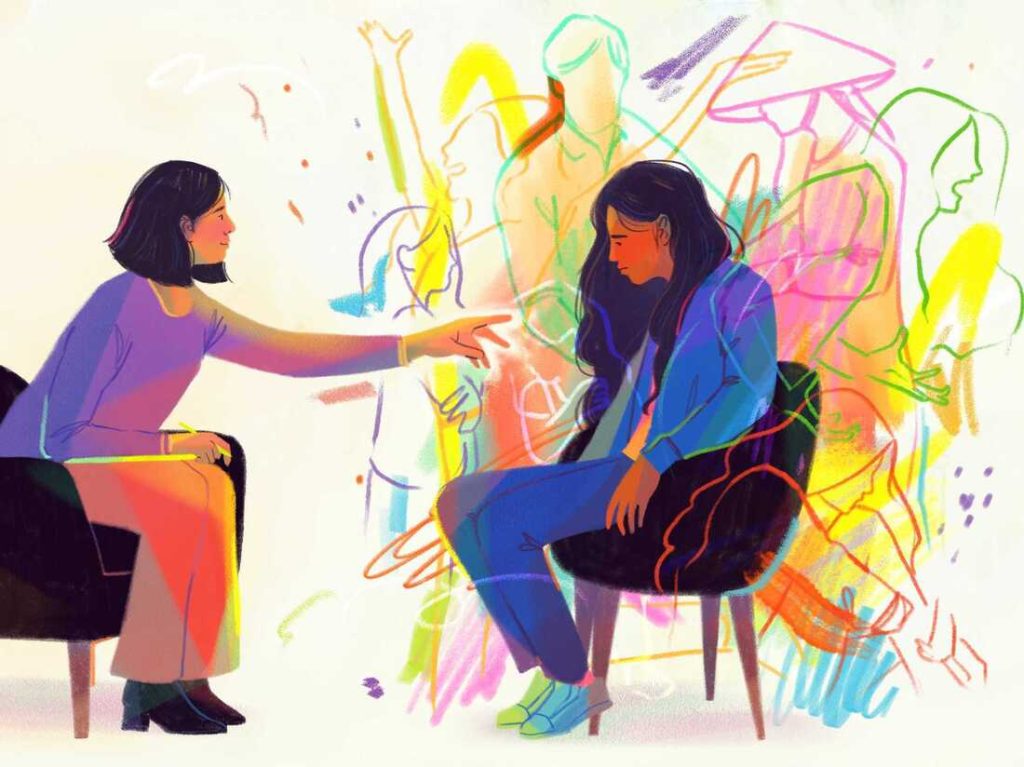
Therapist Role
A therapist plays a significant role in providing you with a safe space to explore your intergenerational trauma. You can explore your thoughts, actions, and emotions, which could reflect the generational trauma that may have been passed down to you.
Understanding your triggers and your trauma response can be an ultimate guide to breaking the generational cycle that you’re traveling in. A therapist would guide you to rebuild your relationship with yourself and others in a healthier manner.
Therapeutic tools would also be given to you by a therapist to be used as additional healing tools that can be utilized throughout your life. Among the tools, journaling is one of the highly recommended practices to start your intergenerational trauma healing. It helps you to find better clarity and organize your thoughts.
Going down memory lane and family history to understand the family trauma that you carry can be an emotionally intense process. Thus, it is highly recommended to start your generational trauma healing journey with a therapist's assistance.
Understand your generational patterns and traumas better with therapist assistance. Reach out to our Kota Damansara or Ipoh branch for further information.
Healing Intergenerational Trauma
In short, we all may be carrying generational trauma that we may not be aware of which affects the way we are. Healing from intergenerational trauma paves the road towards our authentic self. Healing generational trauma also means that you are not passing down certain patterns to your upcoming generations.
It is a huge responsibility to be a cycle breaker for your family, but it is worth the results. Instead of following the cycle of passing down trauma, let us pass down gifts that we create through healing to our upcoming generations.
Remember, healing generational trauma is a process. Heal at your own pace and energy level. On days that you feel too tired, give yourself a break. It is important to be compassionate and kind towards yourself in this process.
Together let us build generations who are more aware of generational trauma and willing to heal generational pain.
Understand your generational patterns and traumas better with a therapist's assistance.
If you feel that you or your loved ones are experiencing the effects of generational trauma, or unable to break-free from generational pattern, seek a therapist assistance. You can also reach out to our Kota Damansara and Ipoh branch admin to get further information. Seeking assistance can be the first stepping stone towards your healing.
“Healing generational trauma leads you to unlock hidden gifts along the journey towards your authentic self.”
Shaundtrya Ganasan, Licensed Counselor (KB11097)
If you enjoyed reading this, why not broaden the horizon of knowledge by learning about "Self-Love: Ways to Love Yourself"?
You can read the blog here.
For more content related to mental health do follow us on our official Instagram.

